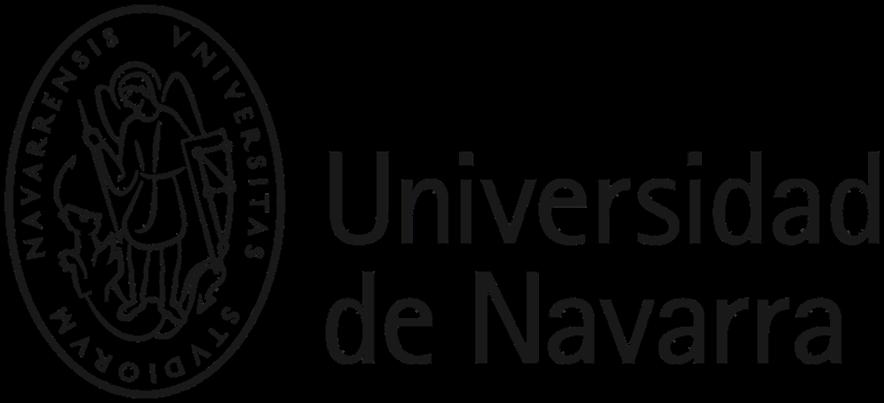

Philosophy, Politics and Economics - PPE
4 years · 240 ECTS · Bilingual (35%/+50%)
2026-27

Philosophy, Politics and Economics - PPE
StudentProfile
An interest in the world of politics, economics and sociology
An interest in the analysis and review of political theories and socioeconomic data
An eagerness to improve public policy The Degree in PPE produces graduates who are capable of responding to the political, economic and social challenges of today’s world
Paris-BrusselsTrip
The Paris-Brussels Trip forms part of the Capstone Seminars subject, which aims to provide students with the chance to visit Europe’s main political and economic decisionmaking centers
Students agree that “this experience has given us new insight into what the European Union represents and what it means to form part of it”
Internationalstudents
Approximately 47% of the School’s first year students are from countries others than Spain
ProfessionalsCareers
PPE graduates are able to work in a variety of different political areas: political parties, foundations, lobbies, think- tanks, and public and private centers for study and analysis
Their analytical, interdisciplinary, proactive profile makes PPE graduates particularly well-suited to consulting, diplomatic service, international NGOs and other international organizations Like our other degrees, the Degree in PPE allows graduates to progress to a master’s degree and focus their career on research or teaching

ACOMPREHENSIVEAPPROACH WITHINASINGLECAMPUS:
The University of Navarra is the first Spanish university to offer a fouryear degree taught entirely on one campus, thereby facilitating an interdisciplinary approach to the critical analysis of modern society.
INTERNATIONALIZATION FROMDAYONE:
The Degree in PPE includes subjects taught in English from the very first year The number increases to more than 50% over the course of the four-year program
The program also promotes international exchanges, including two full semesters dedicated exclusively to elective subjects Two visits to international institutions (second year to Brussels and third year to New York)
FOSTERINGTALENT
80% of student from the school of Humanities and Social Sciences benefits from somekind of financial aid and/or scholarship
INNOVATIVEMETHODOLOGY ANDPROJECT-BASEDLEARNING
The subjects offered in the different knowledge areas are coordinated in order to promote project-based learning: case studies, social intervention projects, and the design of policy and political programs
BEYONDTHECLASSROOM
Students continue to take center stage in their own education in the PPE Club, where they have access to a range of diverse extracurricular training activities: the Political Simulation Center and the PPE Summer Colloquium
